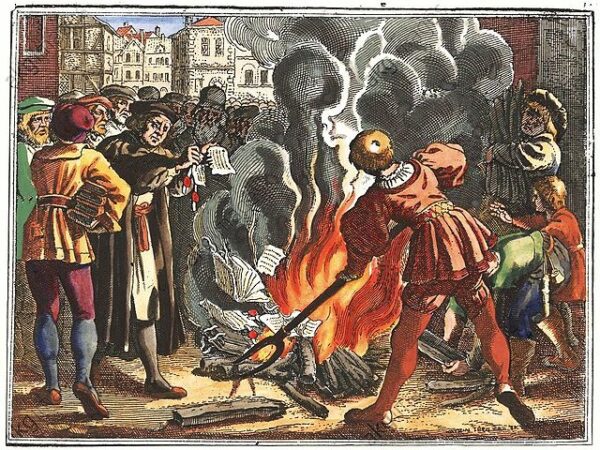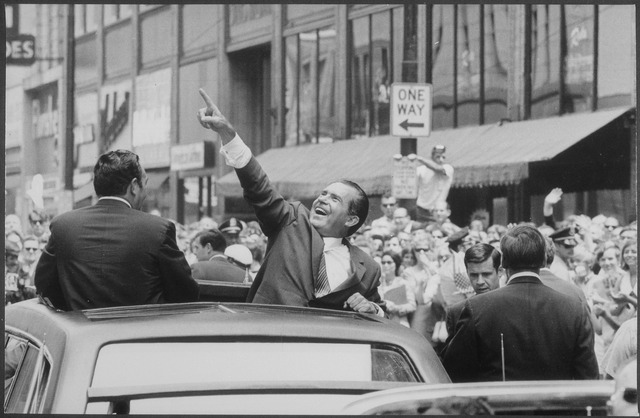On April 3, 1865, the end of the Civil War looked to be in reach when General Ulysses S. Grant captured the capital of the Confederacy, Richmond, Virginia. The fall of Richmond marked a pivotal moment in the war and represented the beginning of the end of the rebellion.
As Union troops closed in on Richmond, the city braced itself for an inevitable confrontation. For years, Richmond had served as the political and military heart of the Confederacy, symbolizing the South’s determination to defend its way of life against the Union forces. However, by early 1865, the Confederacy was in a dire situation. Its resources were depleted, morale was low, and Confederate armies were retreating on multiple fronts.
Grant’s relentless campaign in the Eastern Theater had gradually worn down the Confederate defenses. After a series of battles and skirmishes, the Union army laid siege to Richmond, tightening the noose around the Confederate capital. Despite valiant efforts by Confederate troops to hold their ground, they were outnumbered and outmaneuvered by Grant’s forces.
On the fateful morning of April 3rd, Union soldiers breached the Confederate defenses and entered Richmond. The city, once a bustling hub of Southern pride and defiance, now lay in ruins. Fires raged through the streets as panicked civilians fled the advancing Union troops. The fall of Richmond sent shockwaves throughout the Confederacy and dealt a severe blow to its already faltering morale.
The capture of Richmond was not only a military triumph for the Union but also a symbolic victory of immense significance. It shattered the myth of Confederate invincibility and exposed the vulnerability of the Southern cause. The fall of the Confederate capital dealt a severe blow to the morale of the Confederacy and signaled the impending collapse of the Southern rebellion.
For President Abraham Lincoln and the Union government, the capture of Richmond was a moment of jubilation and relief. It vindicated Lincoln’s unwavering commitment to preserving the Union and ending the institution of slavery. In a symbolic gesture, Lincoln visited the captured city shortly after its fall, walking its streets and witnessing firsthand the devastation wrought by war.
The fall of Richmond also had profound implications for the course of the Civil War. In the weeks that followed, Confederate General Robert E. Lee’s army would be cornered and eventually surrender at Appomattox Court House, effectively ending the Civil War.
The capture of Richmond was a watershed moment in American history, marking the triumph of the Union cause and the abolition of slavery. It represented the culmination of years of sacrifice and struggle and paved the way for the reunification of the nation.






